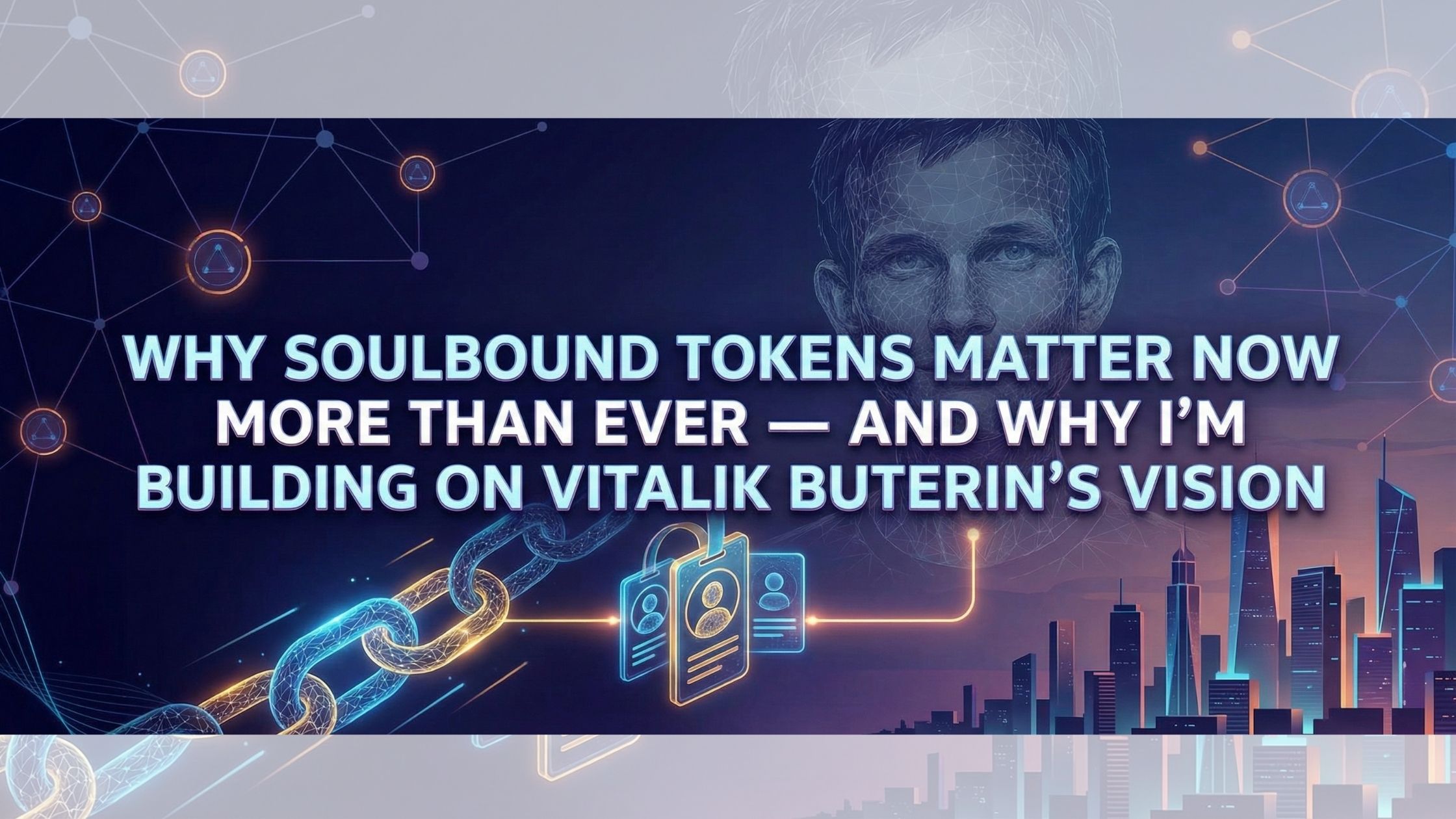AI influencer marketing: Building adaptive parasocial customer relationships (Conference paper, 22nd AIMS International Conference on Management)
Shil, A. (2025).
Shil proposes a conceptual framework explaining how AI (virtual) influencers can cultivate parasocial relationships (PSRs) that shape trust, loyalty, and purchase intention. Synthesizing PSI theory and attachment theory, the paper argues that adaptive systems—combining multi-layered personas, real-time sentiment analysis, and memory-based personalization—can approximate human warmth and responsiveness to sustain emotionally resonant bonds. The literature review contrasts human and AI influencers: while humans still enjoy an authenticity edge, younger and tech-savvy audiences increasingly accept synthetic personas when expertise, homophily, and consistent values are conveyed. The model operationalizes three levers: Dynamic Emotional Resonance (fine-tuned affect), Real-Time Feedback (sentiment-driven response shaping), and AI-Driven Attachment Styles (interaction tailoring for secure/anxious/avoidant profiles). The paper highlights research gaps: limited empirical work on AI-mediated PSRs; underexplored roles of persona depth and continuity (e.g., “remembering” past interactions); and scant tests of attachment-style personalization in influencer contexts. Managerially, Shil urges brands to design AI influencers with stable personalities, transparent values, and persistent memory to earn trust, particularly for always-on community engagement and service content. The review also cautions that “robophobia” and perceived inauthenticity can suppress persuasion, implying disclosure, reliability, and value alignment are essential to mitigate skepticism. Overall, the work reframes AI influencers as programmable relationship engines, proposing actionable mechanisms and testable hypotheses for future experiments in adaptive, human-like brand communication.

.png)





















%2520and%2520write%2520reviews%2520of%2520hotels%252C%2520restaurants%2520etc.png)




















%252C%2520or%2520keep%2520their%2520photos%2520private.png)







%2520clips.png)




















































Good Karma for those who comment...